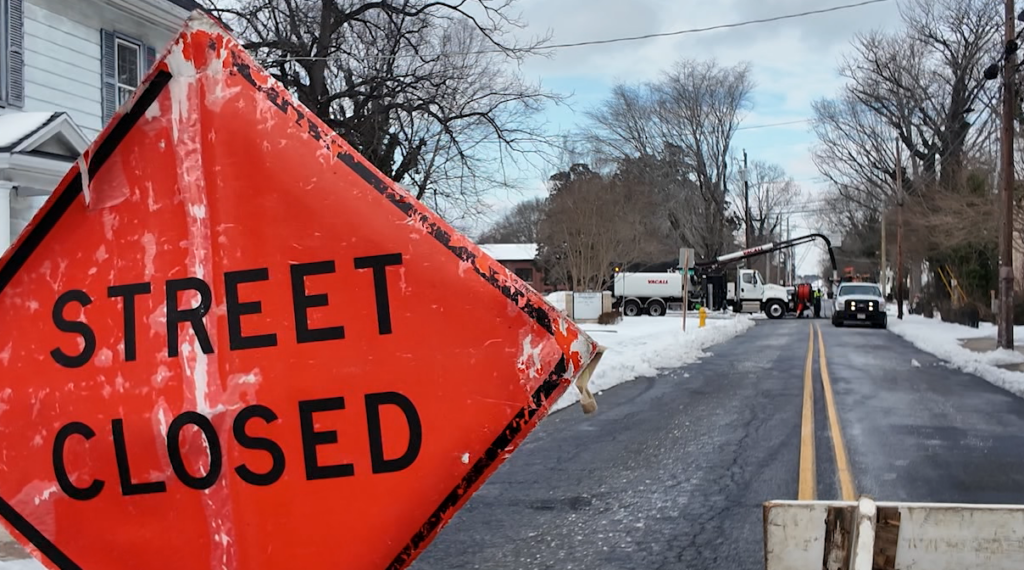Md. Access to Justice Commission highlights civil justice issues with interactive, online tools
MARYLAND – The Maryland Access to Justice Commission is hoping to shine a light on civil justice issues through interactive online tools. “There wasn’t one place where we could get information about the civil justice system. So what we set out to do was both provide stories, statistics, and also the relevant data,” said Executive Director of the Maryland Access to Justice Commission Reena Shah.
Civil justice issues are wide ranging, from rental assistance and evictions to immigration issues to consumer debt. “Most people don’t know that there is such a thing as a civil justice system, and they don’t know how it affects their lives, all the different cases and procedures that are involved in the civil justice system,” said Shah.
One of the tools the Commission created is their first of its kind Civil Justice for All Story Map. It’s an online tool that combines stories of Marylanders with interactive data and maps that highlight where different kinds of civil justice issues are happening in the state. Shah says one of the goals with the map is to show that civil justice issues happen in all kinds of communities. “When you look at it on the map, you will see that civil justice issues – civil legal issues – they are urban, they are rural, they affect all parts of the state,” said Shah.
Shah says data for the map was collected in partnership with the Maryland Attorney General’s Office. The AG’s Office and Commission worked together over the past several months on their COVID-19 Access to Justice Task Force. “We knew that the lack of data in the civil justice system was in itself a barrier to justice. We knew we had to address the data gap,” said Shah.
The Commission was already working on the map before that task force. Once work on the task force did begin, a committee focused on data and legal technology helped get the ball rolling even faster with the map. At the end of the task force’s work, Shah says they were able to deliver almost 60 recommendations on civil justice issues in Maryland.
Shah says highlighting civil justice issues in the state was especially important in the face of the COVID-19 pandemic. “COVID had a huge impact on the civil justice system. COVID obviously precipitated a health crisis, an economic crisis, and a civil justice crisis. When people lose jobs, when people can’t pay their rent, all of these things sort of culminate into conflicts,” said Shah.
But finding the data highlighted in the map wasn’t an easy task. Shah says much of that data was not available to the public before, or required the tedious work of tracking down information in obscure places. “It does seem odd that there isn’t a government entity already tasked with reporting this data. So, we do hope that our continued work in this space, and identifying gaps in the data, does push the needle forward,” said Shah.
Shah tells 47ABC that the Commission hopes to expand their civil justice tools in the near future. “We are hoping that in the future we can connect to data sources in a way that actually allows us to update our tool in real time so that we don’t have to manually go in and update all of that data,” said Shah.


